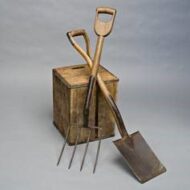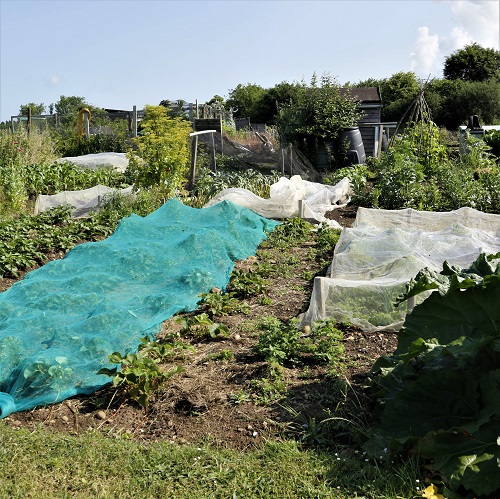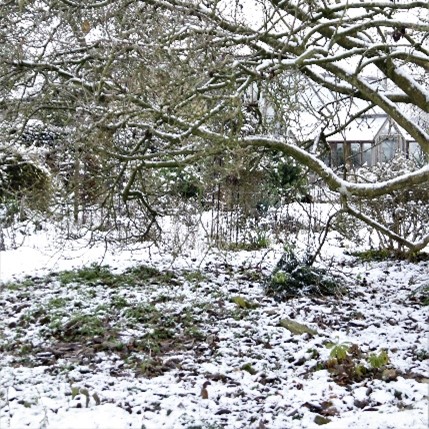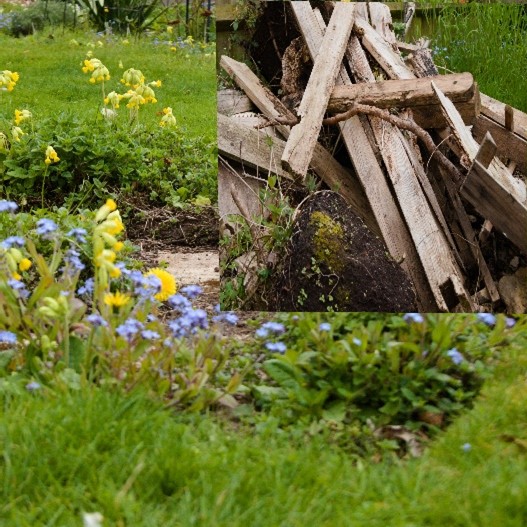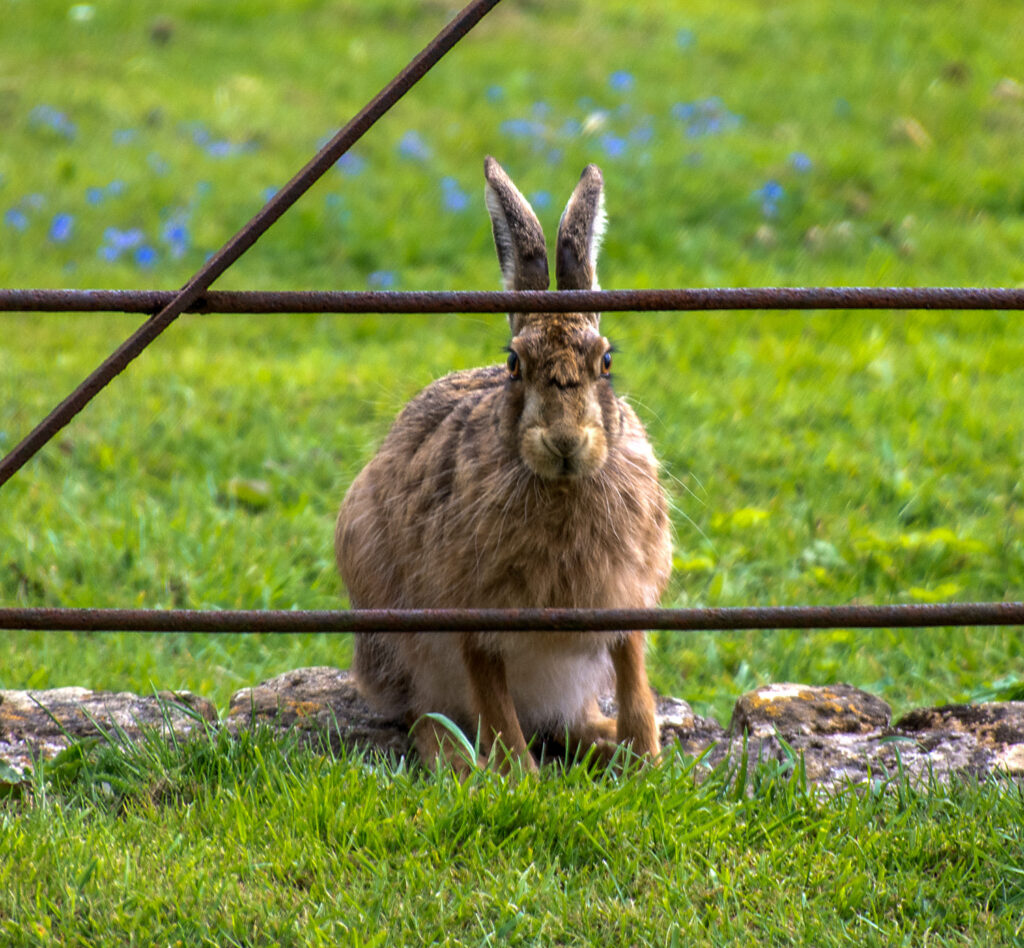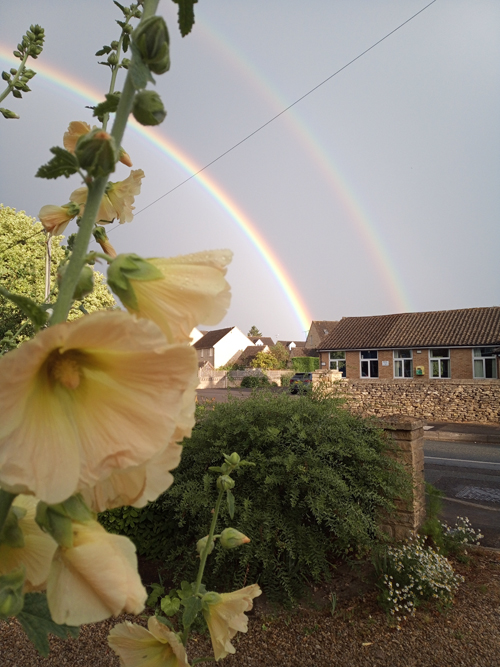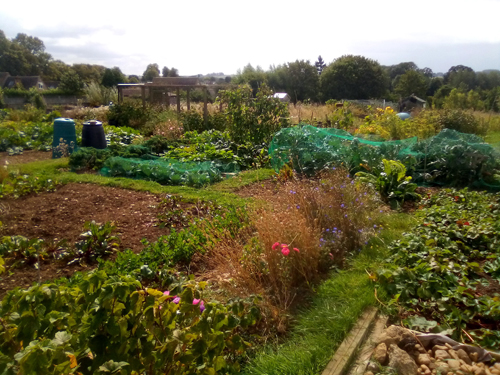As a bit of a Geek it seems fair to say that green is just how our brains interpret the specific wavelength of light entering our eyes, and it is possible you do not see exactly what I do.
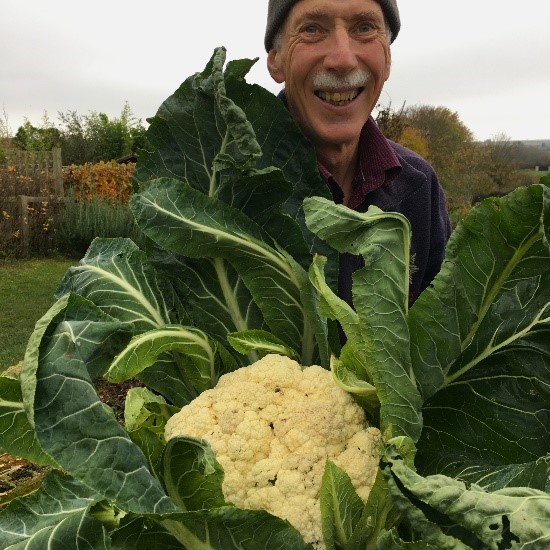
Nonetheless, it is the colour we associate with most growing things, and we all know that it is good ‘to eat up your greens’ even if we don’t all do it. I would put it to you that it is even better to grow your own greens. You know exactly how they have been grown and the food miles are minimal – another green bonus.
I couldn’t resist using the picture, I may never grow another cauliflower like it!
It is possible to harvest ‘greens’ all year round. So, it is time to plan ahead, clear and mulch the areas you haven’t got round to and get sowing and planting. Traditionally brassicas need rich ground and a fair bit of space. That is no problem in a large garden or on an allotment but if you have neither don’t despair. They will all grow usefully in containers or small beds.
Growing them closer together will produce smaller plants but the crop for the area is likely to be greater. Also, you can more easily control their environment and keep pests such as pigeons and cabbage white butterflies at bay.
April is a good time to sow most things. The winter-cropping greens such as cabbage, kale, sprouting broccoli, leeks and the dreaded sprouts can all be sown in modules or pots and planted out late May or June. They are normally slow to mature but will give you winter veg when most other plants have given up. Summer crops are not usually frost-hardy, so runner beans, French beans and peas should be sown now for planting out when the chance of frost has reduced.
Some Broad Beans and peas are hardy and can even overwinter to give an early crop. The results can be variable, but it is worth giving it a go. To my mind the first broad beans are one of the great treats of spring.
Plus, don’t forget the salad plants which can be sown little and often right through the summer – I love lettuce – and fresh herbs need very little room.
So, in short, get on with sowing those greens!
